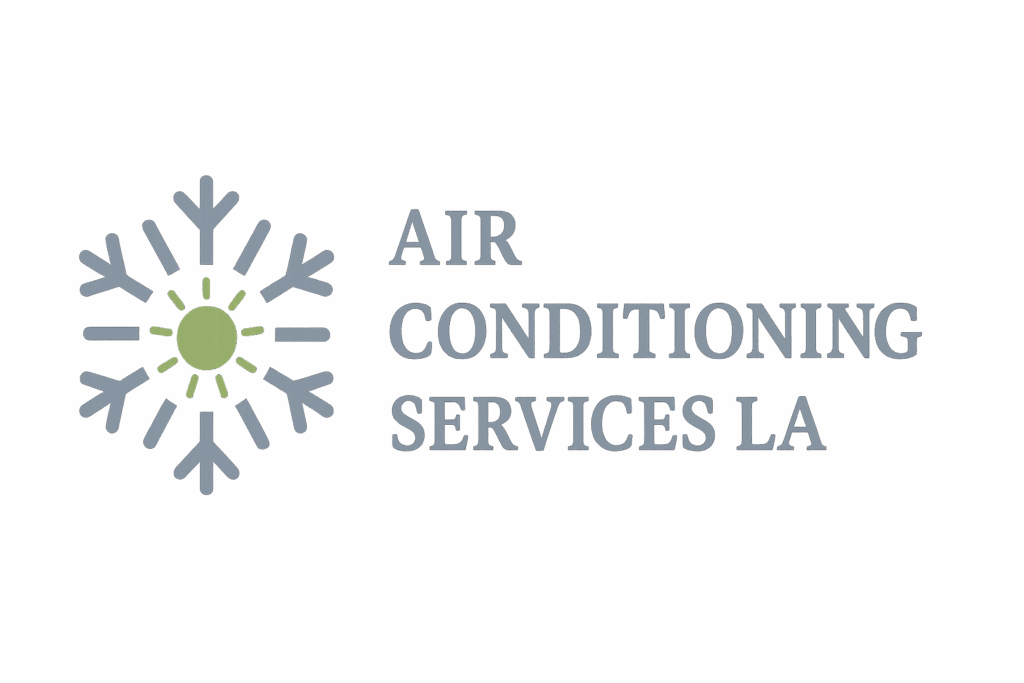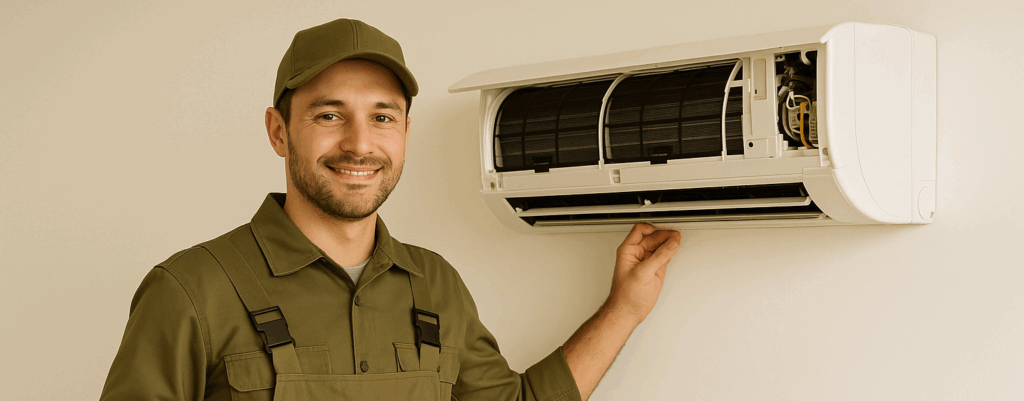When the heat becomes unbearable, your air conditioner is your best friend. But sometimes, even when it’s running all day, your home still doesn’t feel cool enough. If your AC seems to struggle or takes longer to cool your space, it may not necessarily be broken – it might just need a little help to perform better. With a few practical adjustments and regular care, you can instantly improve your air conditioner’s cooling performance, save on energy costs, and extend its lifespan. Here are some tried-and-true tips to help your air conditioning system work at its best.
Clean or Replace the Air Filter
Dirty air filters are one of the most common reasons for poor cooling performance. When dust and debris clog your filter, your AC struggles to pull in air, forcing it to work harder while delivering less cooling power. To fix this instantly, clean or replace your air filter. For most systems, this should be done every 1 to 3 months – more often if you have pets or allergies. Clean filters allow for better airflow, improved cooling, and even cleaner indoor air.
Keep the Outdoor Unit Free of Obstructions
Your outdoor condenser unit needs adequate airflow to function efficiently. Over time, dirt, leaves, and grass clippings can build up around it, restricting airflow and causing your system to overheat. Make sure the area around your unit is clear of obstructions. Trim any plants or shrubs at least two feet away and gently rinse off debris with a garden hose. A clean condenser can dramatically improve cooling performance within minutes.
Check and Seal Air Leaks
Even the best air conditioner can’t cool your home properly if cold air is escaping through leaks. Inspect your doors, windows, and ductwork for gaps or cracks. Seal them with weatherstripping or caulk to prevent air loss. Not only does this help your AC cool more effectively, but it also keeps energy costs down by ensuring the cool air stays inside where it belongs.
Use Ceiling Fans to Boost Circulation
Ceiling fans help circulate cool air more evenly throughout your home. They don’t actually lower the temperature, but they make the air feel cooler by creating a breeze that enhances your comfort. Set your fan to spin counterclockwise during summer to push cool air downward. This simple adjustment allows you to set your thermostat a few degrees higher while still feeling cool – reducing strain on your AC and saving energy.
Close Curtains and Blinds During Peak Hours
Sunlight streaming through windows can heat your rooms quickly, forcing your air conditioner to work overtime. To instantly improve cooling efficiency, close curtains or blinds during the hottest parts of the day, typically from late morning to mid-afternoon. If possible, use blackout curtains or reflective window films to block heat. This small step can lower indoor temperatures significantly and make your AC’s job much easier.
Adjust Your Thermostat Settings
Many homeowners set their thermostats too low, thinking it will cool their homes faster—but it doesn’t work that way. Air conditioners cool at the same rate regardless of the temperature setting, so extreme settings only increase energy consumption. Instead, set your thermostat to a comfortable but moderate temperature—around 24°C to 26°C (75°F to 78°F). For added efficiency, consider upgrading to a programmable or smart thermostat that automatically adjusts temperatures based on your schedule.
Clean the Air Vents and Registers
Blocked or dirty vents can restrict airflow and reduce your AC’s cooling efficiency. Make it a habit to vacuum your vents regularly and ensure they’re not blocked by furniture, curtains, or rugs. For better performance, remove vent covers and clean them with warm, soapy water. Keeping your vents open and clear helps distribute air evenly throughout your home, improving overall comfort.
Check the Condensate Drain Line
The condensate drain line removes moisture that your air conditioner pulls from the air. Over time, it can become clogged with algae, mold, or dirt, which can cause water backups and affect system performance. You can prevent this by pouring a cup of white vinegar down the drain line every few months to keep it clear. A clean drain line ensures that your AC continues to dehumidify efficiently and cool your home properly.
Avoid Heat-Producing Activities During the Day
Cooking, baking, or using heat-generating appliances like clothes dryers during the day can raise indoor temperatures, forcing your air conditioner to work harder. Try to schedule these activities for the evening when it’s cooler outside. You can also switch to energy-efficient LED lights that emit less heat. Reducing indoor heat sources instantly makes your AC’s cooling job easier.
Insulate and Shade Your Home
Proper insulation and shading can have a huge impact on how efficiently your air conditioner cools. Add insulation to attics or walls if needed, and use weatherproofing materials around doors and windows. Planting trees or installing awnings outside can also help block direct sunlight. These simple improvements make your home naturally cooler and less reliant on your AC system.
Check Refrigerant Levels
If your air conditioner isn’t cooling as effectively as before, it might have low refrigerant levels due to a leak. This not only affects performance but can also damage the compressor if left unresolved. Have a professional HVAC technician inspect your system, check refrigerant levels, and repair any leaks. Proper refrigerant levels ensure optimal cooling and prevent long-term damage.
Schedule Professional Maintenance
Even with regular DIY care, your air conditioner still needs professional attention once or twice a year. A certified technician can clean the coils, inspect electrical connections, lubricate moving parts, and ensure your AC runs at peak efficiency. Preventive maintenance catches minor problems before they turn into costly repairs and helps extend the lifespan of your system.
Improving your air conditioner’s cooling performance doesn’t always require a major repair or replacement. Simple actions like cleaning filters, sealing air leaks, adjusting thermostat settings, and keeping outdoor units clear can have an immediate impact. Regular maintenance and mindful use can make your home cooler, more comfortable, and more energy-efficient. Start applying these tips today and enjoy a refreshing, powerful cooling experience every time you turn on your AC.
Do not forget: A well-maintained air conditioner performs better, lasts longer, and saves you money. Treat your cooling system right, and it will reward you with years of reliable comfort.

